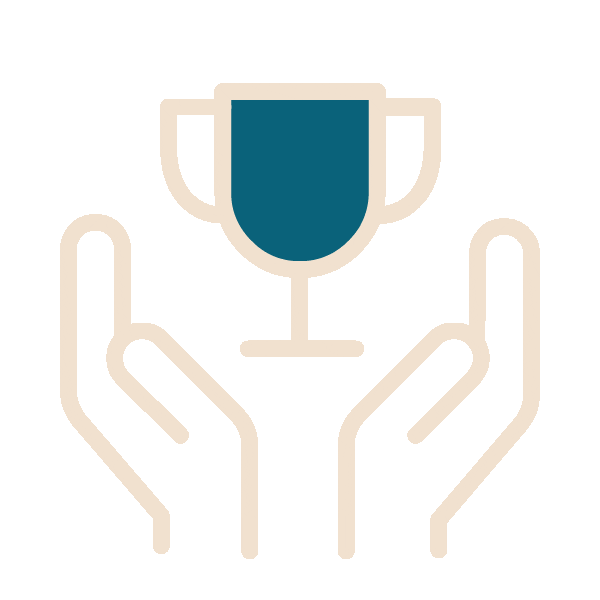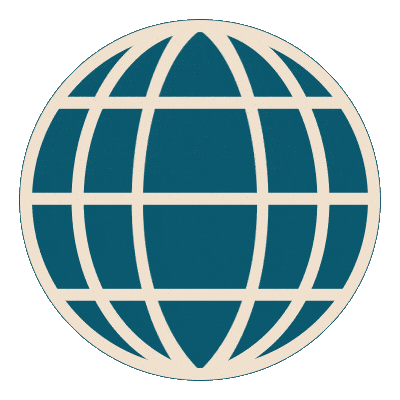Key Takeaways from 3BL’s ‘Brands Taking Stands’ Forum
At the 3BL Forum, after years of pandemic shifts, the name of the game is still identifying ‘purpose’ when it comes to corporate impact
Recently, I attended 3BL Media’s annual forum at Chelsea Piers, ‘Brands Taking Stands – NOW WHAT?’, an admittedly pithy reflection on the collective anxiety and ennui we’ve dealt with from COVID-19. In 3BL’s own words, ‘after what we collectively experienced over the past two years, we simply ask, “Now What?"’
For many brands, that’s still a million dollar question. ESG and sustainability strategies are fraught with changing regulatory landscapes, and many organizations find themselves on the backfoot when it comes to adopting policies, and communicating them effectively. It’s why 60 corporate leaders and experts discussed how they’re thinking about today’s emerging business challenges, including rapidly-evolving stakeholder expectations, for a full day of programming.
While there’s no magic formula, one central theme across all of the sessions was a resounding ‘purpose’ – and not straying once you’ve found it.
During the panel, ‘Does it Really Boost Business?’ (the ‘it’ referring to ESG and sustainability) panelists were universally bullish on how sustainability helps support economic performance. But they also discussed the theme of aligning a company’s brand with its purpose. Antonella Babino, Global Sustainability and Lifestyle Platforms Director at Corona, discussed how consumers relate to the beach when they think of the brand. They led a campaign internationally where Corona cleaned a square meter of a beach for every purchase of a 6-pack. A key insight from Babino here is the clear association between your brand’s vision and purpose, and not deviating.
“Once you’re in an authentic space, it’s all about consistency. You don’t need to change your purpose,” Babino said.
If a brand’s stakeholders relate to its purpose – find tangible meaning from the work the brand is undertaking – they’ll understand and empathize with the positioning. Conversely, consumers are able to see through insincere messaging or commitments to sustainability in a play to broaden market share.
Stephanie Slingerland, Senior Director of Philanthropy and Social Impact at Kellogg’s, echoed this point. "It’s not about changing purpose once you’ve found it. It’s about how we’re talking about our purpose that needs to evolve.”
With IWBI’s global mission of helping advance the health and well-being of communities and organizations, it was invigorating for me to see that many speakers also highlighted employee happiness and stakeholder health as a major driving force related to their overarching purpose. Several speakers emphasized the need to support healthy employees and foster a culture of health:
- “If your employees are not healthy or engaged, employers have nothing," said Geralyn Ritter, Head of External Affairs, Organon.
- “Sustainability has changed from a decade ago. Consumers are recognizing the connectivity to their daily lives, and health and wellness will be sticking around for all of them,” said Tanya Rodriguez, Senior Cultural Anthropologist, Hormel Foods.
- “Your ‘first’ customers have to be your own employees,” said Bruce Simpson, Senior Advisor at McKinsey & Co., suggesting that companies need to prioritize the health and well-being of their workforce and begin doing more to support their mental health.
Along those lines, one panel was directly focused on issues related to workforce health: ‘Health is Everything. Without it, What do you Have?’ The participants discussed everything from living through the pandemic, to public health as a great equalizer, to life-work balance and equity and justice — all with an underlying focus on mental health.
From the panel discussion, it was clear that more organizations are taking notice of direct health interventions as they relate to and support organizational performance.
Carmen Villar, Vice President, Social Business Innovation at Merck noted that, “It’s not just about physical health, but community and mental health. Just bringing products to market is not enough, we need to think about community and mental health, and the [social determinants of health] SDOHs need attention.”
Overall, the day’s programming focus on ESG, sustainability and corporate impact deftly wove health into the narrative, where it belongs, and emphasized the need for organizations to prioritize a people-first approach as we emerge from the COVID-19 pandemic.







